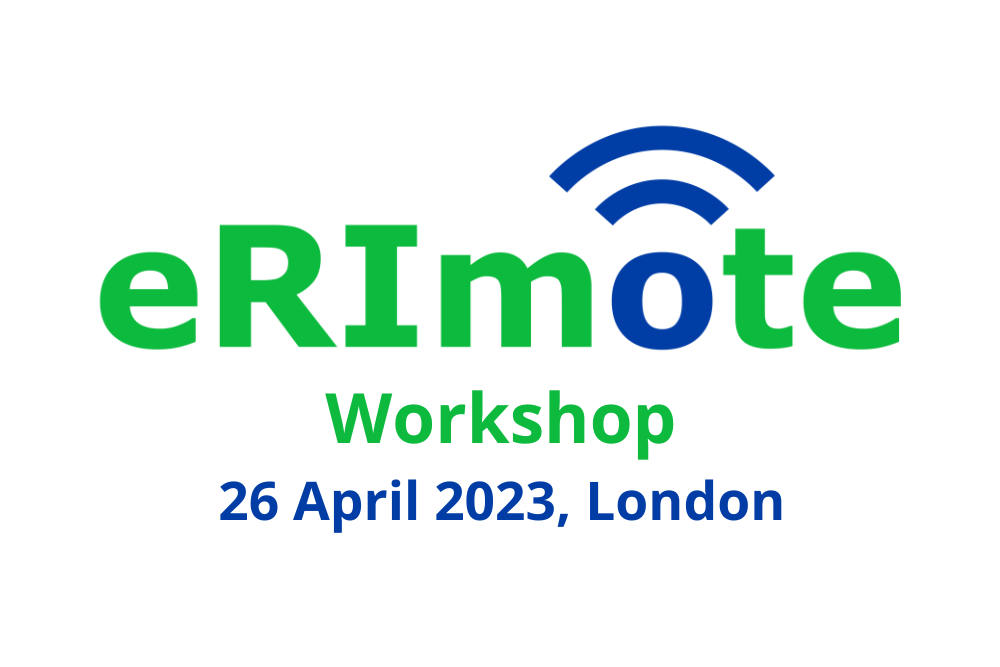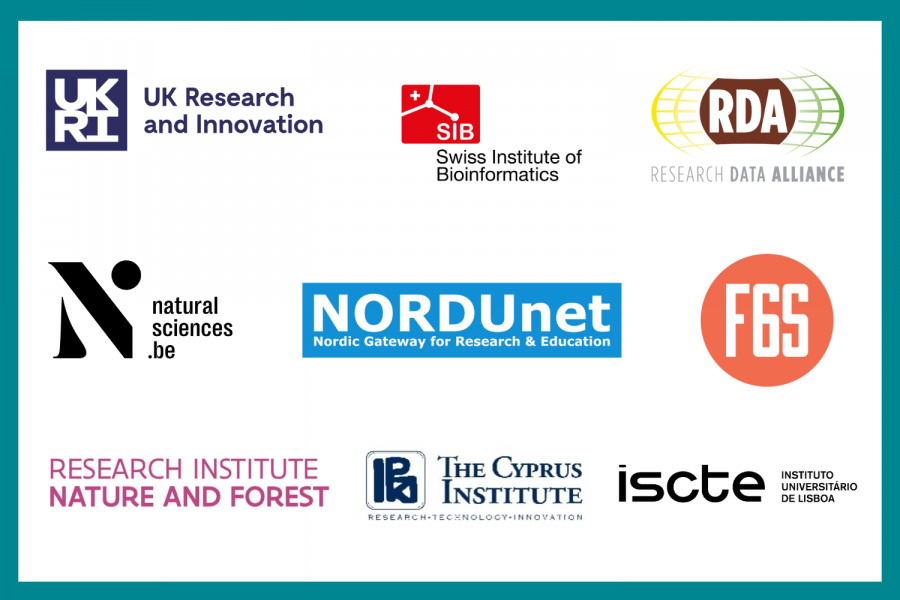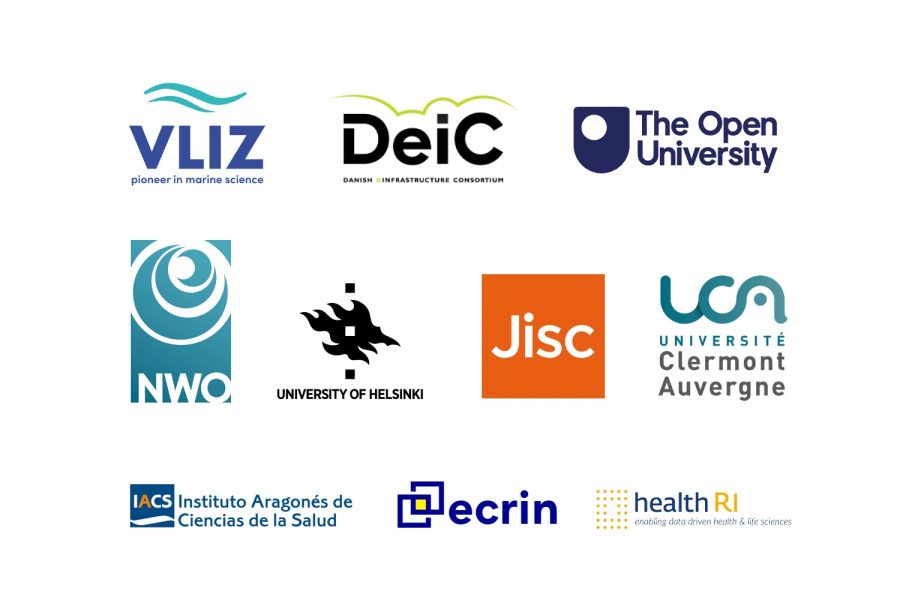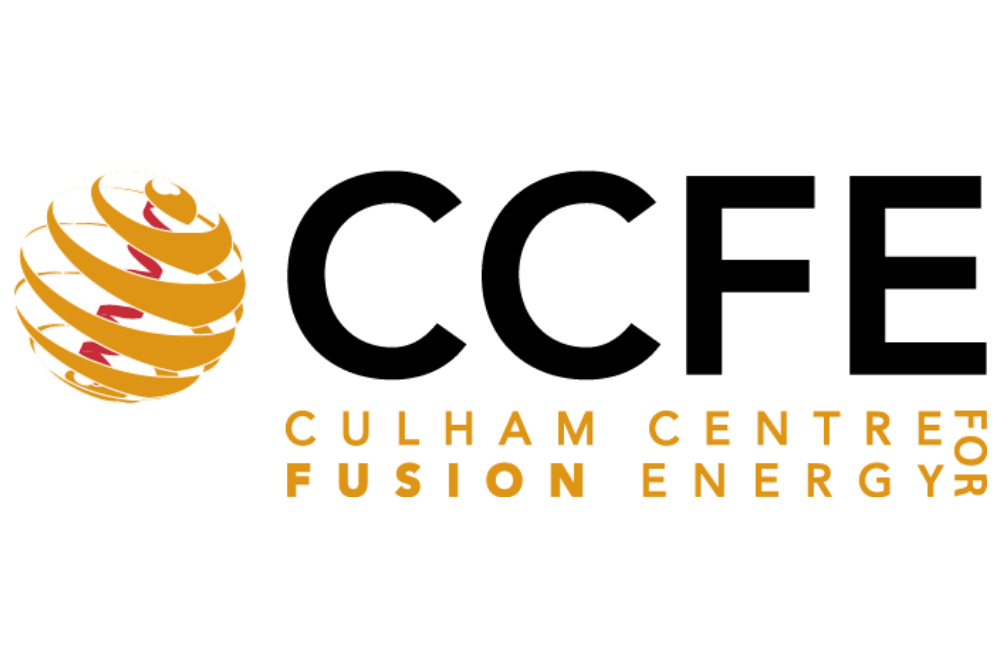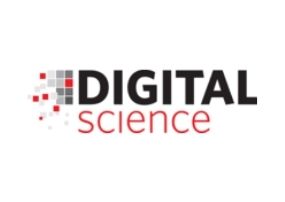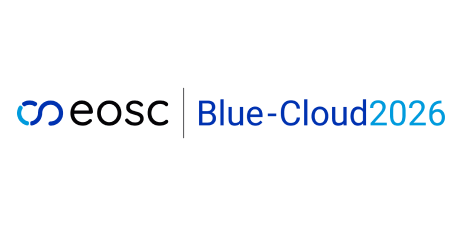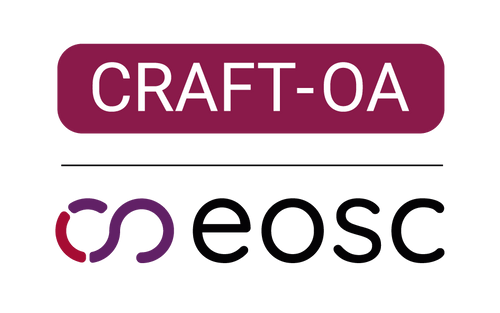
United Kingdom
Overview
EOSC Steering Board representatives
The UK has a strong history of investment and leadership in open research and digital research infrastructure. The UK was a founding member of EOSC and indeed led the formative EOSC Pilot / Hub project. While Brexit and delays in the UK associating to the Horizon Europe project have made engagement in EOSC difficult, the UK remained engaged through UK based EOSC Association observers and project partners. Now that the UK has associated with Horizon Europe, as of January 1, 2024 UK based researchers and organisations are able to participate and apply for HE projects, including those related to EOSC, on the same level as others in the EU Member States.
The ministerial department DSIT (Department for Science, Innovation and Technology) is responsible, amongst other things, for science, research and innovation. DSIT sponsors UK Research and Innovation (UKRI), which allocates most of the research funding in the UK.
Following a detailed survey of the UK’s research infrastructure landscape which identified over 750 infrastructures of regional, national and international significance, the 2020 UK Research and Development Roadmap set out the UK’s vision and ambition for science, research and innovation. It identified potential opportunities to expand and strengthen the UK’s research infrastructure capability as a contribution to achieving wider ambitions including achieving a step-change in UK technological capability and the availability of data.
The UK Research and Development (R&D) Roadmap, recognises the importance of open research practices, acknowledging the role of public engagement and open research in underpinning research quality and a healthy research ecosystem. It states that OA publication for publicly funded research will be mandated, with immediate open access for research articles and includes a commitment to incentivising data sharing and developing supporting relevant infrastructure.
Significant investments in infrastructure, services and skills have been made to support open practices, many of which were made by the main national funding body UKRI, an umbrella organisation for several discipline related funding councils, Research England and Innovate UK:
- UKRI funds and coordinates the Digital Research Infrastructure Programme and recently commissioned Jisc to explore federation journeys for DRI.
- UKRI also provides block grants to research organisations to support research article costs, including costs for repositories, support and infrastructure. Total UKRI investment in supporting OA publication is currently around £47M per annum.
- Jisc – Developing innovative routes to open access via publisher licensing agreements, and continues to innovate through schemes like Subscribe to Open and the Open access community framework.
- Supporting the development of long-standing internationally used services such as Open Policy Finder (formerly Sherpa services), DMPOnline and CORE.
- Development of a strong repository network, and participation in the setting of standards and tools for interoperability, such as registries and deposit interfaces etc. UKRI’s OA policy and research data policies outline standards for repositories to adhere to, for example, see the UKRI OA policy technical standards annex
- Policies from UK research funders and engagement in support of research data management within UK universities
- The UK government established the Open Research Data Task Force (ORDTF) in 2016 to provide advice on open research data (ORD). The ORDTF published its final report “Realising the Potential” in February 2019 which builds on the principles in the Concordat and makes recommendations to accelerate the UK’s move to open research data. The recommendations are grouped under the themes of better incentives, fewer barriers; active leadership; clear expectations; user-friendly services; and sustainable funding.
- The Concordat on Open Research Data proposes a set of expectations of best practice for working with research data that cover the many roles needed to support the research process. It also recognises data sharing, curation and management as legitimate costs of research.
- UKRI’s discipline-specific Research Councils allow these data-related costs to be included in research grants or support them via funding long-established dedicated data services, including the UK Data Service (for social science data) and the NERC Environmental Data Service.
- As part of its Public Engagement Strategy, UKRI invests in core national infrastructure (Sciencewise, STEM Ambassadors and National Coordinating Centre for Public Engagement) that supports public engagement across the UK. Funding for these schemes is also provided by other national and charitable funders. UKRI also funds a range of grants, programmes and pilots supporting public engagement with research and innovation.
- The UK R&D Roadmap identified the need to support skills, training and career pathways for technicians and other technical roles that work with research teams (this encompasses data stewards and other roles relating to research data and software
- UKRI is a signatory to the cross-sector UK Technician Commitment and has developed a plan to implement the commitment and support technical skills through all of its funding through its People and Teams Action Plan. The plan takes an inclusive view of the people needed for research and innovation, encompassing e.g. software engineers and research data managers, and aims to incentivize research organisations to invest in and develop, amongst other things, open science skills and capacity.
- Specific investments in this area Research England Enhancing Research Culture Funding, which has been used by some research organisations to support activities that promote open research.
- The Research England Development Fund investment in a five-year UK Reproducibility Network Open Research Programme , which includes activities on open and responsible reward and recognition.
- UKRI has recently updated its expectations for doctoral training, also endorsed by Wellcome Trust, Cancer Research UK and the British Heart Foundation. This sets expectations that doctoral programmes supported by these funders embed training in research integrity, reproducibility, and open research.
Policies
The UK is committed to developing open practices and while there is no unified open science strategy, activities are embedded across various strategies and activities. Strong Open Access (OA) policies are in place for major research funding routes, including UKRI and the Research Excellence Framework (REF), which allocates funding based on ratings approximately every six years. The upcoming REF 2029 will feature an updated OA policy focusing on People, Culture, and Environment, building on previous frameworks.
The UK R&D Roadmap mandates immediate OA for publicly funded research articles, enforced by funders like UKRI, NIHR, and Defra. Charitable funders, such as Wellcome and Cancer Research UK, also have OA requirements. The National Data Strategy (2020) emphasizes data sharing and management, while the Concordat on Open Research Data (2016) promotes collaboration among funders and institutions.
UKRI expects research data from its funding to be as open as possible, supported by established principles and policies. Some strategies also address open-source software, highlighted in the Concordat, MRC, and ESRC guidelines.
The UK does not have a single open science policy, but has a national commitment to open practices which is captured across various policies, strategies, and activities.
The UK has strong open access policies for publications in both of its main research funding routes: through UKRI policy which applies to UK project-specific research council funding and through policy applying to the Research Excellence Framework (REF) exercise, which allocates strategic funding to institutions based on ratings every approximately every six years (the last one being 2021).
The upcoming Research Excellence Framework (REF 2029), will include an updated OA policy and expanded focus on People, Culture and Environment (also encompassing open research). These are under consultation/ development (including a project to develop indicators for assessment) and build on the OA policy and research environment component of REF 2021. Other policies and investments note in our response, such as funders’ OA and research data policies, also seek to incentivise open research practices
OA most recently articulated in the UK Research and Development (R&D) Roadmap (2020, p.51), which states that OA publication for publicly funded research will be mandated, with immediate open access for research articles.
This commitment is implemented in national research funders’ OA policies, for example: UK Research and Innovation (UKRI) Open Access Policy, National Institute for Health and Care Research (NIHR) Open Access Publication Policy, and the Department for Environment, Food & Rural Affairs (Defra) Open Access Policy for Publications. National research funders have long-standing research data sharing and management policies.
- UK charitable research funders also have OA requirements, for example: – Wellcome, Cancer Research UK, British Heart Foundation. Some UK RPOs have implemented institutional IPR policies. A list of these policies is available here.
- The UK National Data Strategy (2020) includes elements relating to data sharing, management and infrastructure for research and innovation
- The Concordat on Open Research Data (2016) was co-developed and endorsed by national and charitable research funders and Universities UK
- The UK is also an adherent to the Recommendation of the OECD Council concerning Access to Research Data from Public Funding, which also covers software
- UK Research and Innovation (UKRI) expects research data arising from its funding to be made as open as possible and as restricted as necessary. Good research data management practices should be followed throughout a project. Several research councils have policies and there are common principles recommended by UKRI.
- However, support for open source software is included in some other policies and strategies. Software is mentioned in the aforementioned Concordat on Open Research Data, the updated requirement in the Medical Research Council’s (MRC) Data Sharing Policy and in the Economic and Social Sciences Research Council’s (ESRC) funding guidelines.
There is not a ‘national policy’ on engagement but many funders are signatories to the 2010 Concordat for Engaging the Public with Research The largest national funder, UKRI, has Public Engagement Strategy and also requires RPOs in receipt of grants to adopt the principles, standards and good practice set out in the Concordat.
News from United Kingdom
Members and Observers from United Kingdom
EU Projects
Please find here the EOSC-related projects where members from this country are involved as partners.











































